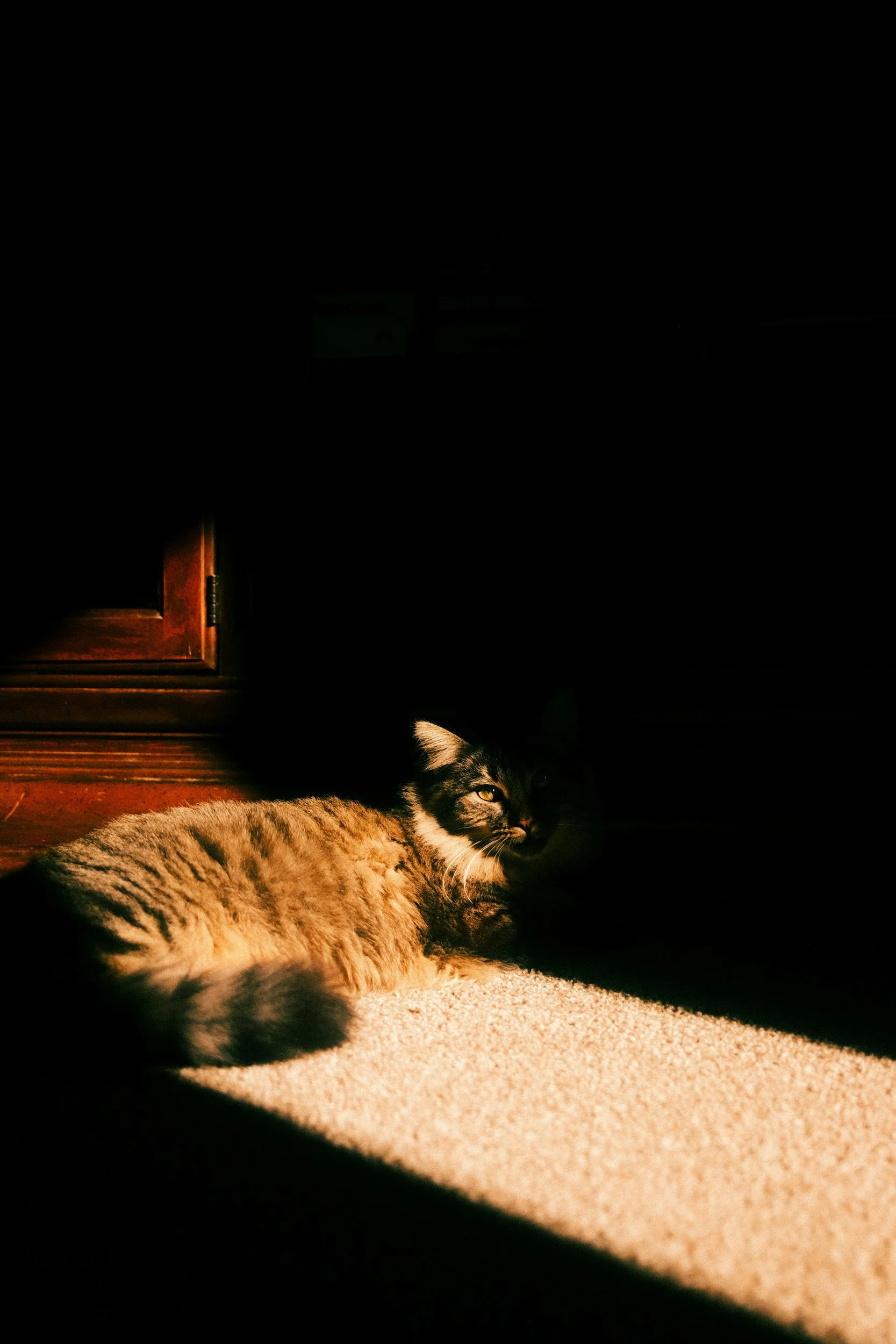Staying Afloat
Darkness. Beside me, Phil, asleep, his breathing calm. Reassuring, though its very regularity reminds me of my piercing fear: Phil gone, the darkness utterly still. We are seventy and seventy-five respectively, him the older. I take not one of those breaths for granted. Yes: age, our happy marriage, the lateness of it. Having lost one beloved husband, having lost the life we had together, the life we thought we’d have, I feel and fear deep in myself another such catastrophe. Always.
Our newly crossed line into our seventh decade accounts for my sharpened sense of mortality, the pandemic honing it to a sword’s edge. It is sharper still for all our loved ones, old and young – our twenty-one-month-old granddaughter, born a trimester early. She’s thriving now, though her immature and scarred lungs still require a ventilator and twenty-four-hour vigilance – her moms have become experts.
“If you reckon rightly,” says Roman writer Gaius Petronius Arbiter from the first century A.D., “shipwreck is everywhere”.
Two years ago: a reminder of fragility, mortality, impending loss. We steeled ourselves.
The moms and the grandparents sat for hours keeping watch in a small, glassed-in hospital room, all eyes fixed on the incubator at its center. We had phones, laptops, books, and iPads to pass the time. But we could attend to nothing other than the tiny baby. Startled – when monitors sounded alarms when numbers flashed and changed, when gowned and masked nurses adjusted machines, arranged tubes, changed the tiniest diaper, still too large, nonetheless. Born at just under a pound, one minuscule hand too small to cover the nail on my index finger. Dusky red skin stretched over a discernable skeleton – at twenty-six weeks gestation, our Aila barely formed in the womb.
Our Aila. Scots-Gaelic, to honor her long-dead grandfather’s heritage; her name means “coming from a place of strength”. Her moms’ prescient choice. She’s feisty, said the nurses, looking at her move around. And she did, especially her right leg, the knee flexing and waving as if to work off baby energy. Touch her, they told us. Talk to her. And we did. We murmured about the family, about Grammie and Mom and Momma and Nonnie and the Grandpas, about Brooklyn, the dog who awaited her at home. We love you, we said, in as many ways as we could: come with us, stay with us, kick your leg, stay feisty! Chairs moved nearer to her crib; we read to her. We reached in and found the ethereal-looking form (as solid as a one-pound being can be) warm, alive and squirming. Hold her, the nurses said when she was ten days old, we’ll help, and so her moms did, trails of tubes and all. At a month old, Aila’s hand curled slightly around her moms’ fingertips; they took turns holding her against their chests, skin to skin, an hour at a time.
Shipwreck is everywhere, averted a minute, an hour at a time.
Aila came home to her moms at ten months, still tethered to oxygen and ventilator, but growing.
Then: at home for nearly a year – sheltered, loved, nursed – with her breathing regularized by machines. But the EMTs had to come once, twice, three times, for unexplained episodes of dangerous drops in her oxygen intake— “desaturating,” as they say. “Desatting”. Lips turning blue, small round face going pallid. She pulled out of the episodes quickly, but not before there were trips to the nearest hospital that were unequipped to handle her care. This prompted transport to her former home, Lurie Children’s Hospital in downtown Chicago, a 45-minute trip at best, for stays of a few days. Once there, she was always lively, pink, cheerful, breathing as usual with oxygen and vent. No explanation, ever. “She’ll outgrow these episodes,” the baffled doctors finally said.
We hoped.
She did.
Progress continued to wean from oxygen (“she’s breathing room air, like you and me,” her moms explained), to using only the ventilator to keep her airways open. She rolled and sat up, crawled faster and farther, kicked and moved and grinned and played every moment, except when asleep. Stood in her crib, she experimented with flinging her leg over the side, just as all babies do. All babies! Aila too!
With moms’ support, she planted her little sneakered feet, taking determined steps.
Now: comes the spiky red sphere, the virus. How do we shield her, and ourselves, from its attack, from the dread it carries with it? But here’s the hard thing – or maybe not, because our minds and hearts can hold so much at one time. There’s no shielding. We live with dread. We live with joy. Not either/or. Both/and. Waking with Phil every morning, grateful again that he’s there, still sleepy, smiling at me. Seeing Aila grin and reach, crawling, walking with her moms, even if only in video clips for now. Breathing in, breathing out. Pandemic days, really every day, measured in suspiration.
Still afloat.
- Carmela Pinto McIntire
Carmela Pinto McIntire is retired from a long career teaching in public schools, most of it spent at Florida International University in Miami, Florida. Currently, she is reading more than ever, learning to write (and rewrite) creative nonfiction, and exploring her new community, Grand Rapids, Michigan, half a continent from South Florida both in geography and—well, everything else.





















